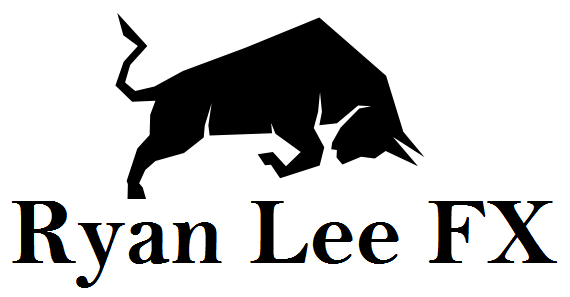The forward futures market is the antithesis of the spot market. The forward futures market deals with buying or selling that will occur in the future. There are a variety of different ways that happen; some investors use the forward futures market to speculate on the rise or fall of various Foreign Exchange Market currencies and attempt to use this forecasting to grow investments. Whereas others use the Future Exchanges Market as a mechanism to play it safe with their money by only agreeing to invest in a certain currency once it dips below a certain level.
For instance, if an investor wants to change one currency into another they may decide to use the futures market and set up with their broker the time and date that they would like the exchange to take place based on certain market conditions. In this example, they could inform their broker to make the exchange once the currency rises or falls to a specific level in the future. This takes out a significant amount of inherent risk by ensuring that the investor gets the price they are looking for out of the exchange. These contracts, known as FOREX Futures, often will expire at some point on a preselected date and at that time the point of delivery on the trade must occur on that date and time unless an investor has an offsetting trade that could make a difference on the initial position.
The futures market is often traded on for a large variety of reasons. One of the most common is because the size can vary greatly and because of this it is an excellent way for individuals who are new to the Foreign Exchange Market or small time early investors to get started because they can trade in smaller quantities. Because they are more liquid, these trades also allow larger investors to use them on a significantly larger scale to take on significant positions that they otherwise would not be able to utilizing just the spot market.
One of the other big reasons for trading on the futures market is because it can be used as a hedging strategy to create a hedge of protection for large companies dealing in foreign currencies. For instance, if an American company wanted to buy a European company or invest in a product from them, agreeing on a set payment on a future date, it would be intelligent to buy some Euros on the Foreign Exchange futures market as a protection in case there was a less-than-desirable move on the asset.
Basically, this would help protect their investment in case there was a significant change between the Dollar and the Euro so they do not end up paying more Dollars than Euros if the change was not in their favor. This hedge is a protection for large-scale investments for companies who buy resources, materials, or other assets using foreign currencies. If the Dollar were to drop in contrast to the Euro, they would be able to use their position on the Foreign Exchange in the Euros market to use that to pay for the asset in the future despite the drop.
